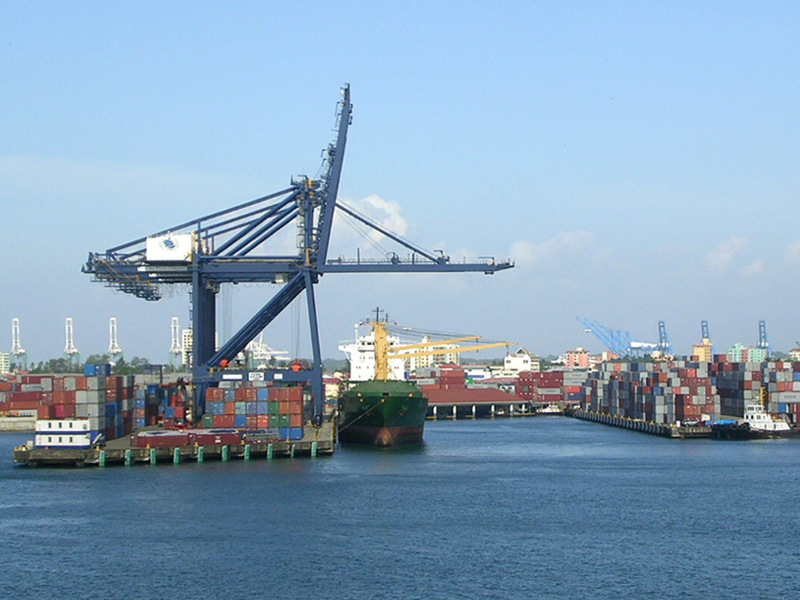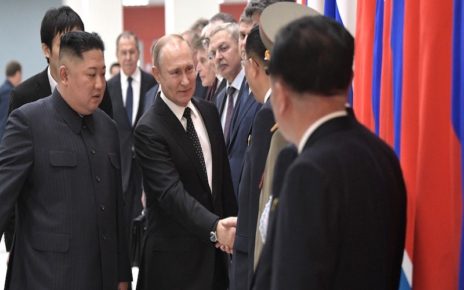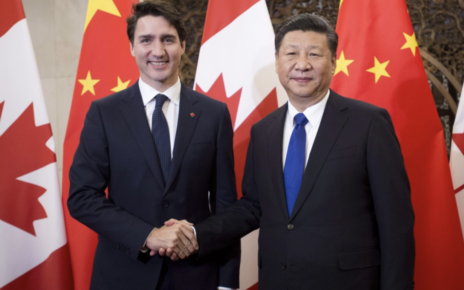India’s recent agreement with Iran on the operation and development of Chabahar port is a significant development in the geo-political equation in the Indian Ocean. Under the agreement, Indian company India Port Global Limited (IPGL) would take over the management of the strategically important port located on the Gulf of Oman for 10-years with an aim to develop a permanent trade route to connecting with Central Asia and Afghanistan. The project originally conceived in 2016 under a trilateral transit initiative between India, Iran and Afghanistan has faced many hurdles in its implementation process: the return of Taliban to Kabul, the threat of US sanctions and funding disagreements between Tehran and New Delhi. The conclusion of the agreement despite these difficulties shows New Delhi’s willingness to achieve connectivity with Central Asia. However, the agreement also reveals the duality of India’s foreign policy: while New Delhi is intended to maintain alignment with the US on China threat, such alignment does not broadly extend to Washington’s other foreign policy positions.
THE GREAT ASIAN SCRAMBLE FOR PORTS
The acquisition of the Chabahar port demonstrates New Delhi’s determination to challenge and replicate China’s policy to expand its maritime footprint across the Indo-Pacific. The Chabahar port is significant to India both in terms of symbolism and its tangible value. The agreement in New Delhi’s perspective shows that it can match the Beijing’s diplomatic and financial prowess in gaining access to strategic infrastructure adjacent to the China financed Gwadar port in Pakistan. In strategic terms, the port would also allow India to establish a reliable trade link with Afghanistan and Central Asia bypassing Pakistan, a highly sought after strategic priority for the country after the partition of the sub-continent in 1948. However, this rationale came under question when Kabul fell to the Taliban in 2021. But there are some signs that New Delhi is gradually changing its long-standing policy towards the militant group, with high-ranking Indian diplomats visiting the country to meet Taliban leaders. While India has not yet committed to restore full ties with the Taliban controlled Afghanistan, the limited diplomatic maneuvers shows that such option is still on the table, given the deteriorating ties between Taliban and its former patron and India’s regional rival Pakistan.
However, gaining a foot-hold Chabahar is more than just short-term geopolitical calculations, it is an important element in India’s long-term geo-economic goals. New Delhi is seeking establish itself as a key global manufacturing hub, with an aim to replace China as the ‘factory of the world’. For this end, the country, under Modi has adopted some key policies to achieve close integration with global markets by investing in strategic infrastructures domestically and abroad to integrate India within the global supply chain. The Chabahar port, itself is a part of the proposed International North–South Transport Corridor (INSTC), which could potentially reduce time and cost of transport between Europe and India. However, the INSTC passes through Iran and Russia, two heavily sanctioned countries hostile to Western interests, which raises questions about the prospects of bolstering India’s transport connectivity with Europe. India is also a key partner in the US and EU backed India-Middle East-Europe Economic Corridor (IMEC). Similar to INSTC, the IMEC offers an alternative route to Europe, through UAE, Saudi Arabia, Jordan and Israel circumventing the Suez Canal, positioning India at the heart of a new multi-modal value chain. The current conflict in Gaza, however, cast doubt about the viability of such initiative, renewing Chabahar port’s importance to Indian leadership.
NAVIGATING BETWEEN THE WEST AND THE NON-WEST
India’s foreign Minister Jaishankar told the audiences of Munich Security Conference that India is not ‘anti-West’, but a ‘non-West’ power. This statement encapsulates India’s multi-directional approach of navigating through this Great Power competition. The Chabahar port agreement ultimately reinforces this multi-directionality, guided by the country’s historical peculiarities, and a realist understanding of its interests. This approach to foreign policy allows the country to accommodate and engage with multiple actors situated in opposite camps of global power play. New Delhi simultaneously partners with the US with Quad, maintains strong defense links with Israel, while declaring one-day national mourning to show respect to the deceased Iranian President Raisi.
New Delhi wants to portray itself as the leader of Global South, a position in its perspective, requires an autonomous and independent approach to international politics—not uniformity on every issue with the US led Western bloc. Hence, the India’s alignment with the US under the framework of Quad is strictly ad-hoc, which does not represent a shift in the core principles of New Delhi’s foreign policy. In practical sense, it means that India would retain most of its traditional foreign policy positions, while gradually adjust those falls under the purview of its ‘security competition’ with China. This also indicates that India sees Quad as an ‘one-issue’ security arrangement, not a security alliance based on credible commitments. Thus, its alignment priorities in the Indo-Pacific does not reflect in its engagements with the middle-east and elsewhere, which shows the country’s tendency to compartmentalize its foreign policy.
While such ‘compartmentalization’ is not without its challenges, the geo-strategic reality of the world makes India a partner-in-demand for most major powers. Both the US and India view China as their primary geo-political foe. This common perception of threat from Beijing, makes India an indispensable partner of Washington in the Indo-Pacific. However, the Indian foreign policy fundamentally remains grounded in realism—tailored to meet its own self-serving objectives. While White House has warned about a “potential risk of sanctions” on any business agreement with Iran, the Indian government has downplayed its potential effects, which suggests a ‘behind the door’ understanding with the US government on the Chabahar issue. Such mutual understanding shows that India’s compartmentalizing strategy is delivering success, but for how long—that remains to be seen!
Photo: Container port in the Cristobal area of Colon, Panama by Roger W, via Creative Commons Attribution-Share Alike 2.0 Generic license.
Disclaimer: Any views or opinions expressed in articles are solely those of the author and do not necessarily represent the views of the NATO Association of Canada.





